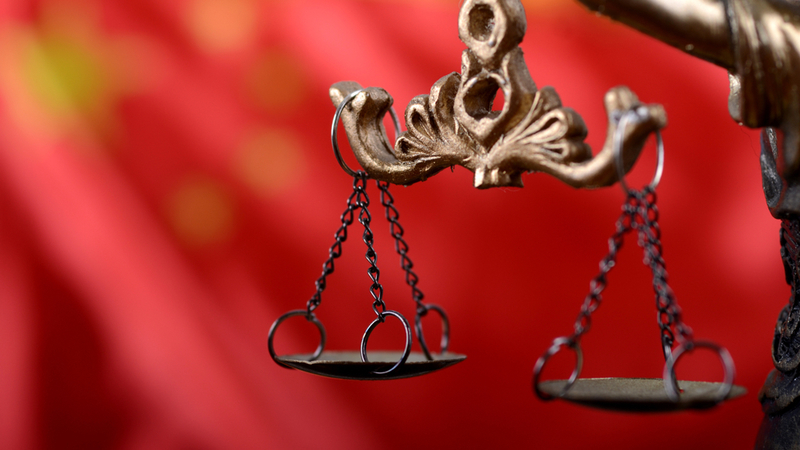Dealing with commercial legal risks in the People's Republic of China: a primer for Australian businesses
April 02 2020

Despite major legal reforms over the past two decades, the legal system in the People’s Republic of China (PRC) remains very different from Australia. Businesses that trade or invest in the PRC need to be keenly aware of these differences in order to minimise the risks of legal disputes or becoming a target of the PRC government’s anti-corruption campaign. Australian businesses also require a basic understanding of dispute resolution options in the PRC – litigation versus arbitration or mediation – and what to expect when a business relationship in the PRC turns ugly.
Executive summary
- Doing business in the PRC can be a minefield and there have been a number of high-profile cases in recent years where employees working for foreign companies have fallen foul of the Chinese legal system. These include multinationals such as pharmaceutical giant GlaxoSmithKline and financial firm JP Morgan, as well as major Australian firms like Crown Resorts and Rio Tinto.
- The PRC has its own distinctive rule of law system – though one that has defects and does not work in the same way as Australia. When one understands and adapts to the key differences, the system becomes more predictable, at least when it comes to civil and commercial law disputes.
- At its most basic level, rule of law means that the PRC has courts, lawyers, written laws and regulations, and formal procedures for dealing with disputes, none of which are radically different from other countries, except in minor details.
- Commercial litigation in PRC courts is much more transparent than it would have been even 10 years ago, business entrepreneurs in the PRC generally perceive the courts to be fair and effective, and according to the World Bank, the PRC ranks among the top ten globally in commercial contract enforcement, significantly higher than the United Kingdom and Canada.
- However, the PRC legal system still has defects that may lead to serious injustice for individuals, corporations and targeted social groups.
- This report identifies three major external factors that regularly interfere with the administration of justice in the PRC. These include politics, especially Chinese Communist Party influence, which plays a major role in some sensitive cases; strong personal relationships that may influence PRC judges’ behaviour; and webs of corruption that encompass both government officials and legal institutions, what one academic has called ‘crony capitalism’.
- To minimise the risks of harmful legal disputes and being sucked into corrupt networks, foreign investors must spend considerable time developing and carefully assessing relationships with potential PRC business partners and officials based on mutual trust and willingness to contribute to the local Chinese community. Companies can safeguard their business and their employees by carefully following advice from China law experts and taking the time to understand and work within the system.
- Making the effort to become fluent in Mandarin is also highly recommended, but at the very least, all foreign investors in the PRC and anyone who trades with the PRC must hire language-competent colleagues with cross-cultural management skills.
- Finally, if a foreign investor does get into a legal dispute, they will need to hire a well-connected PRC lawyer and possibly make a rapid departure from the country.
Author: Dr Colin Hawes, Associate Professor in the Law Faculty at the University of Technology Sydney.
To read the full paper please download the PDF.

